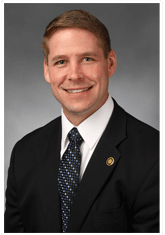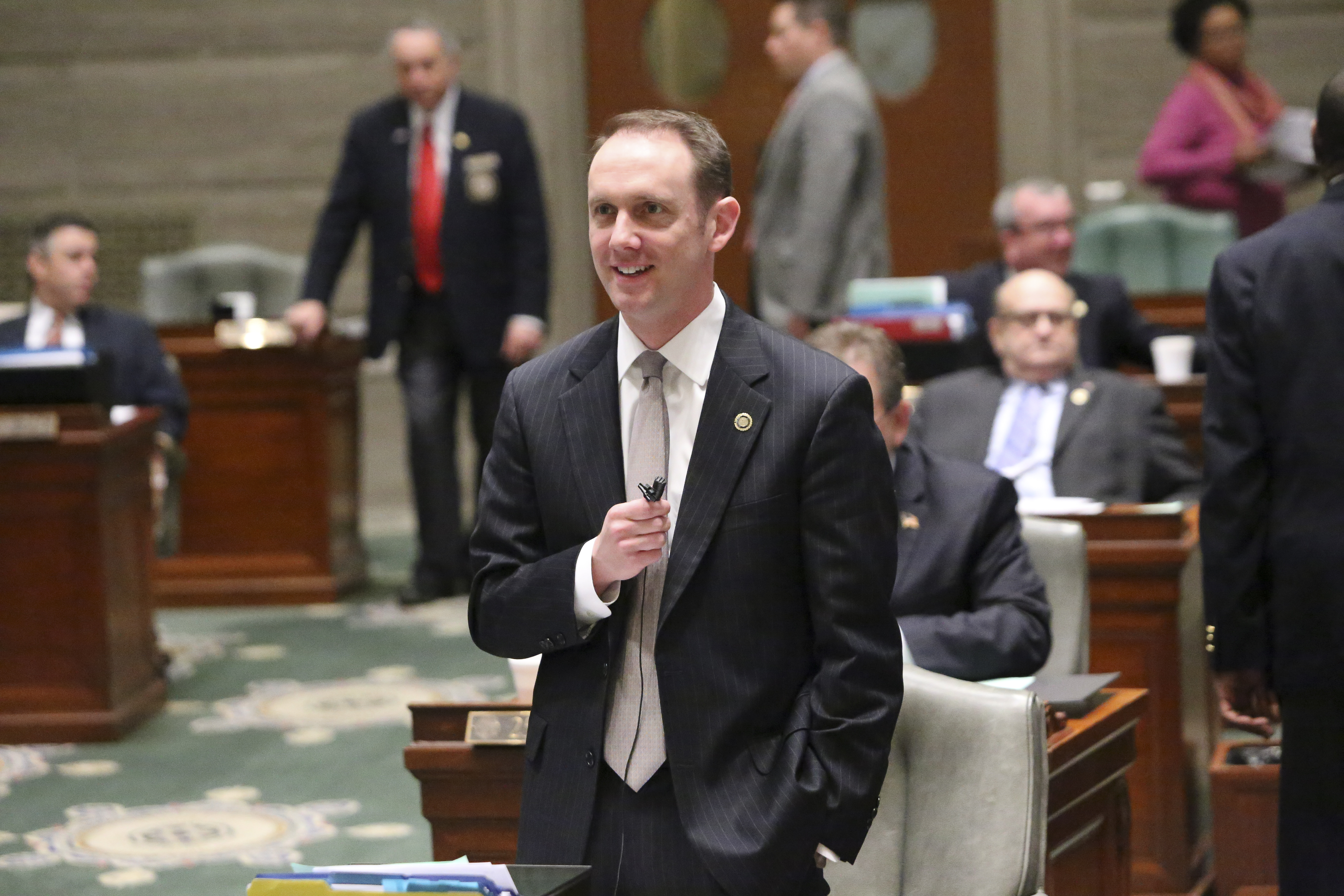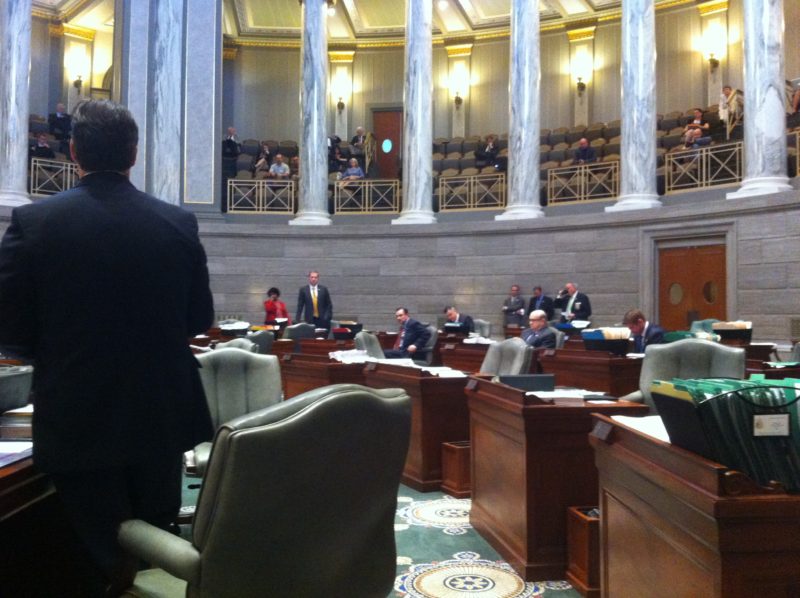JEFFERSON CITY, Mo. – The Missouri Senate passed a tax cut bill, SB 509, on Tuesday morning, 23-9, despite statements from Gov. Jay Nixon that the measure would be vetoed.
The vote was along partisan lines with universal Republican support. SB 509, as currently constituted, provides a 0.5 percent tax cut for every $150 million earned in revenue. An amendment from Sen. John Lamping, R-St. Louis County, which was accepted last week, also adjusted Missouri’s income tax brackets to adjust for inflation using the Consumer Price Index.

“This bill is a people’s tax cut,” sponsor Sen. Will Kraus, R-Lee’s Summit, said.
Sen. Eric Schmitt, R-Glendale, has worked on the bill since it’s inception, sponsoring SB 496 that was folded into 509. He proposed an amendment that cut out targeted tax credit reform and the foundation formula funding from a compromise version of 509 Kraus worked on with Nixon. Schmitt still wanted the bill to have a more impactful cut, but was generally supportive.
“When you empower people with more of their own money, that’s a better place to be,” Schmitt said. “Perfectly good functions, like funding education, are being used to fight against this thing.”
Kraus included the education formula to 509 because he wanted the bill signed by Nixon. Nixon vowed last week that he would veto any tax cut bill that did not include funding the foundation formula. Kraus sponsored a similar tax cut bill last year that was passed by both chambers and vetoed by the governor.
“At a time when public education is more important than ever to the strength of our economy, Senate Bill 509 would permanently undermine Missouri’s ability to support K-12 and higher education,” Nixon said in a press release Monday. “In fact, with a price tag of more than $620 million annually, Senate Bill 509 is the equivalent of wiping out the investments needed to fully fund our K-12 foundation formula and keep college affordable. Once again, the choice facing members of the General Assembly is clear: they can invest in good schools and create good jobs or they can support reckless fiscal experiments, but they cannot do both.”
Schmitt, among others, expressed that the Senate and House can easily overrule the governor’s veto.
Democrat senators voted against the bill for reasons aligning with Nixon’s stance. Sen. Scott Sifton, D-St. Louis, voted against the bill, but said on the floor that he wanted to vote yes. The fiscal note at $620 million in revenue lost was his primary concern. He said the note when the bill originally left committee at $460 million was more reasonable.
“I would love to get a tax cut bill I could vote yes on,” Sifton said. “One that allows us to meet the commitment for funding for K-12 education, transportation, mental health and Medicaid expansion. While this latest rendition of 509 is much better, the $620 million price tag makes it hard to vote yes on.”

Fellow Democrat Senator Jason Holsman, D-Kansas City, said on the floor that it made no sense to want to raise sales tax 1 percent for road improvements and raise the debt ceiling while also passing a tax cut.
“We’re reducing the size of government, but we’re also reducing the obligations for schools,” he said.
Lamping agreed with Holsman that the three policies in concert made no sense, which is why he planned to vote no on the other two.
“I hope we have less money to be inefficiently allocated,” Lamping said.




